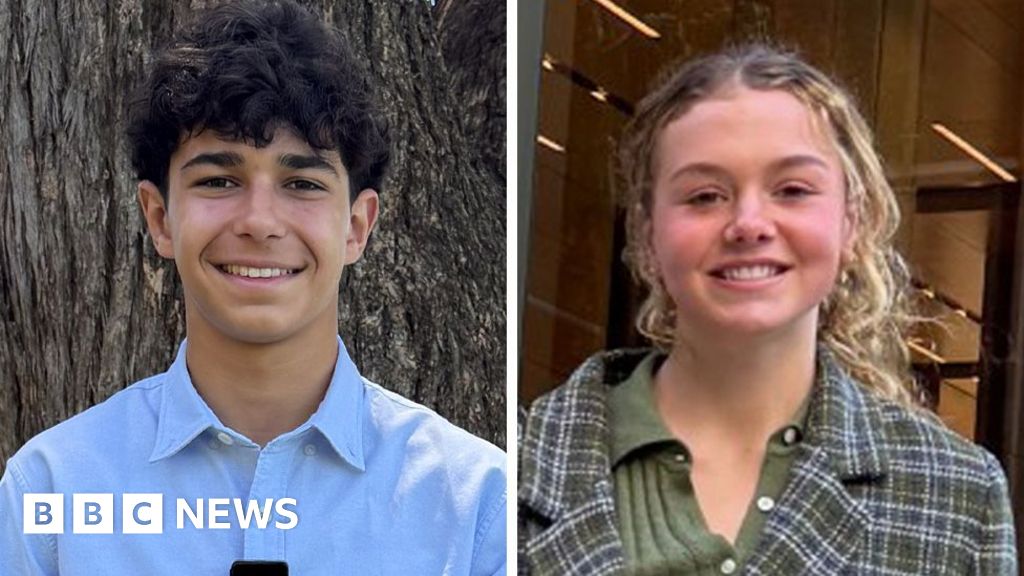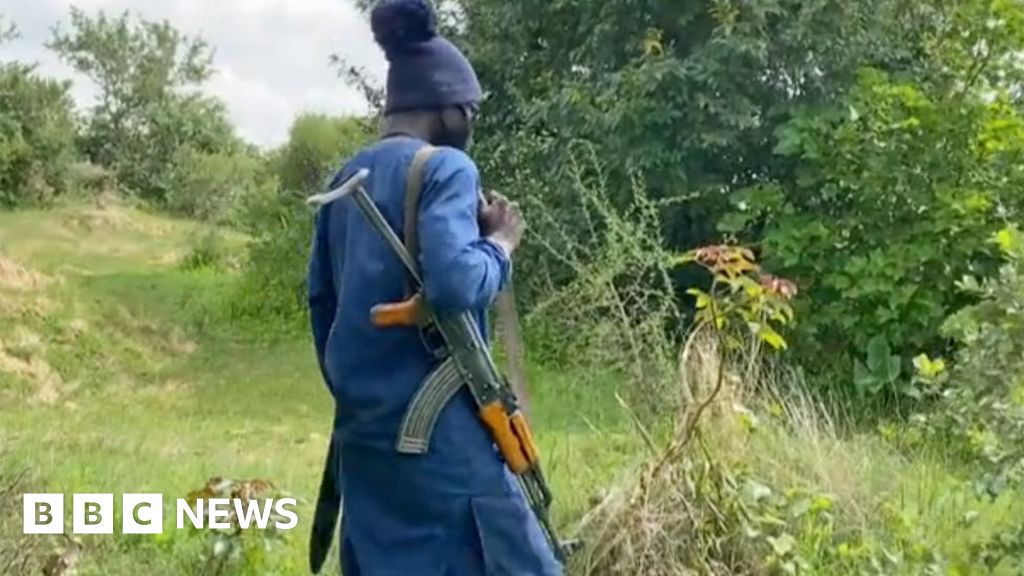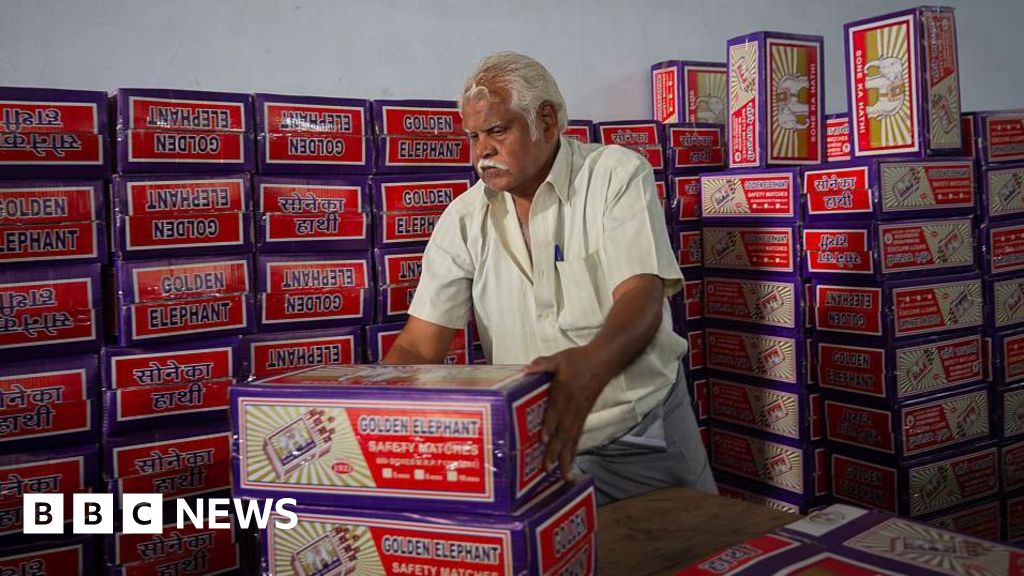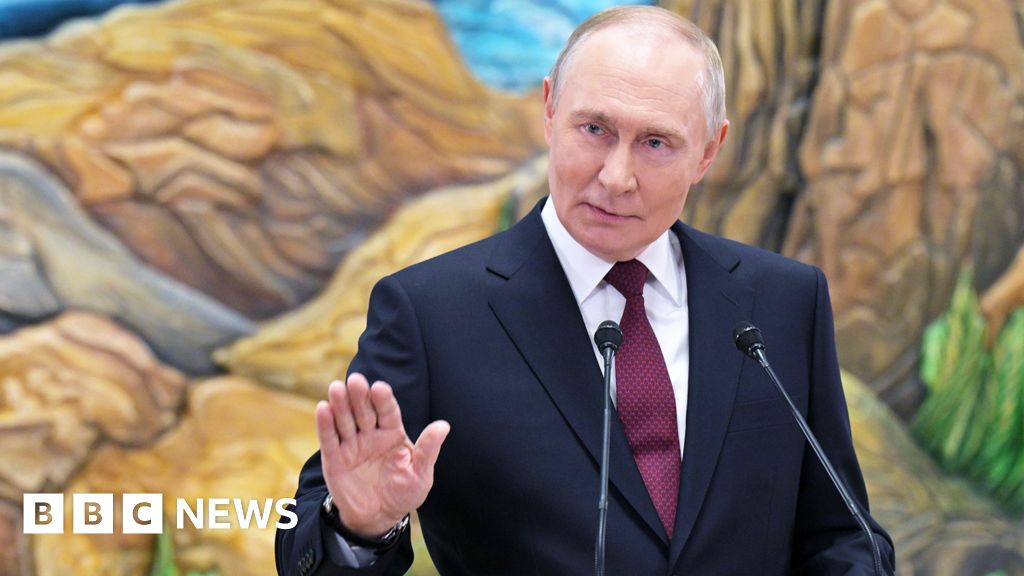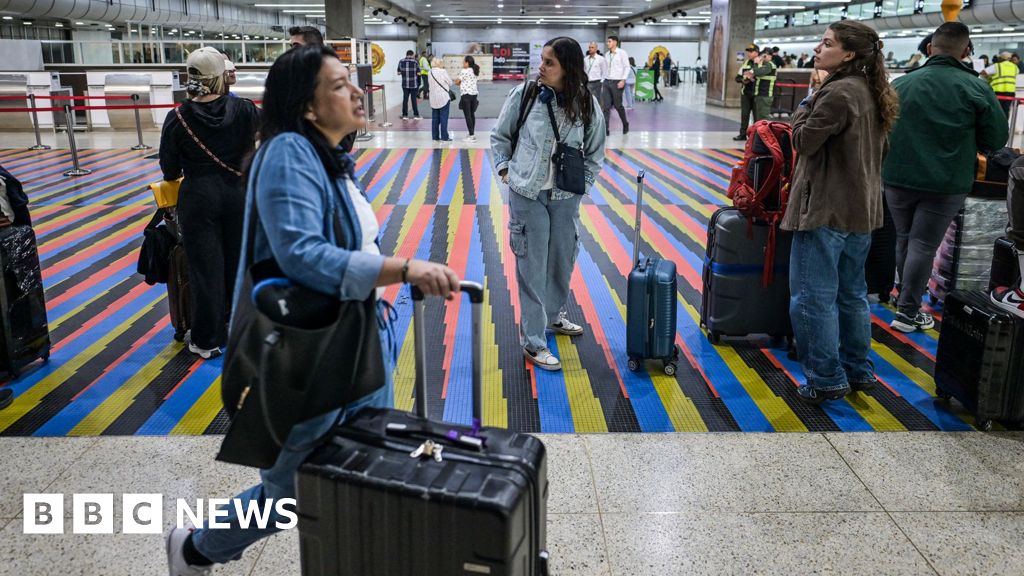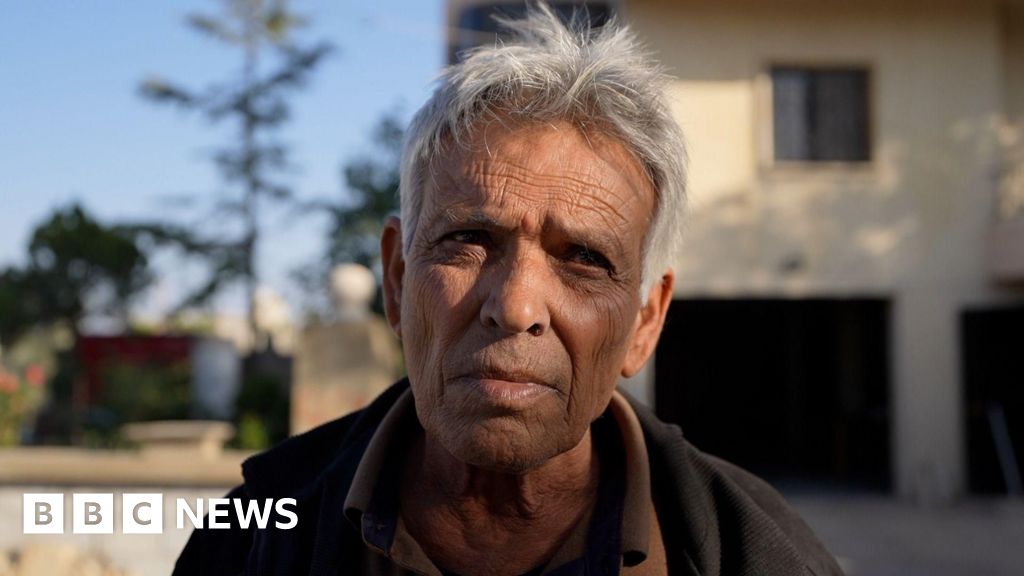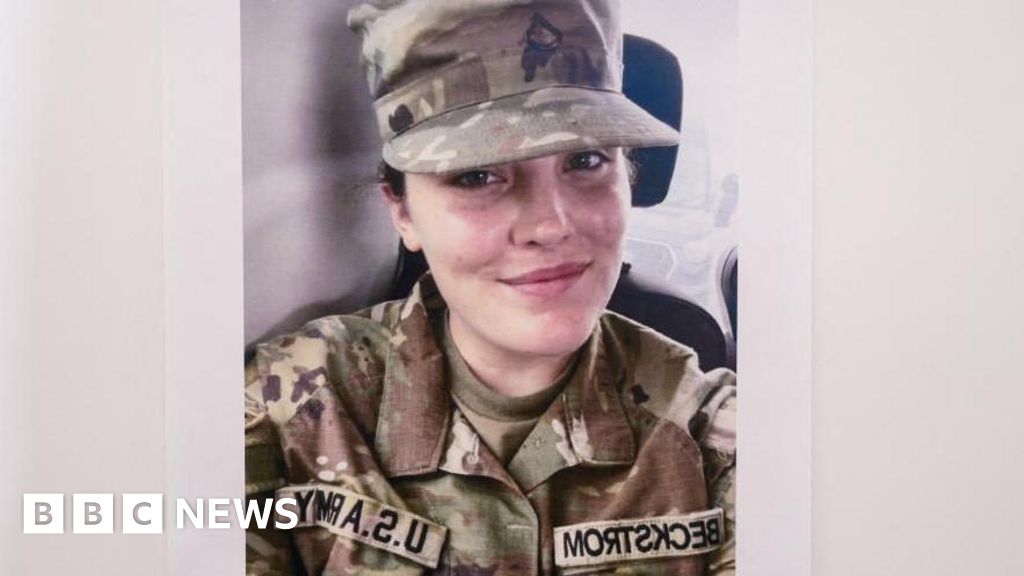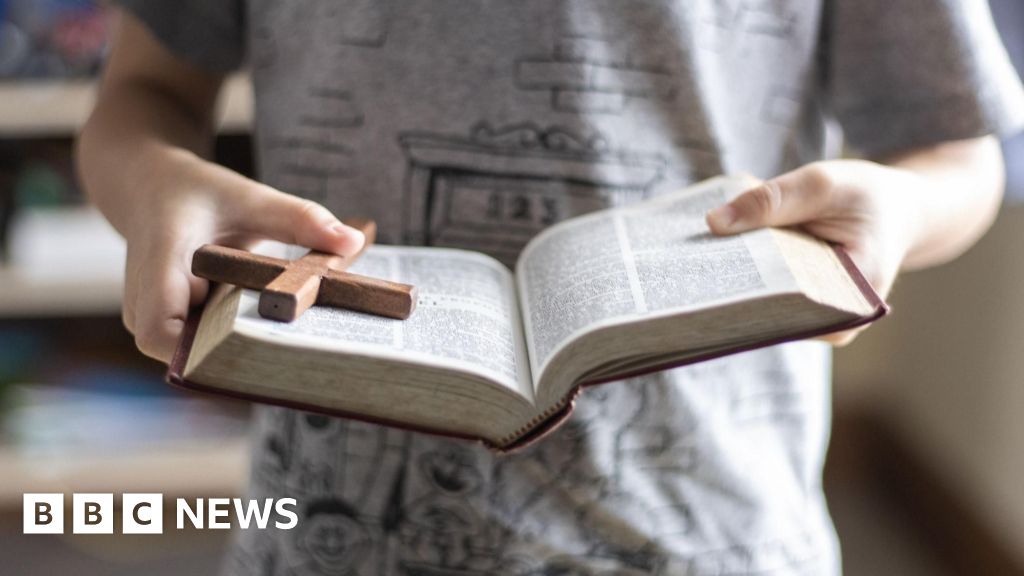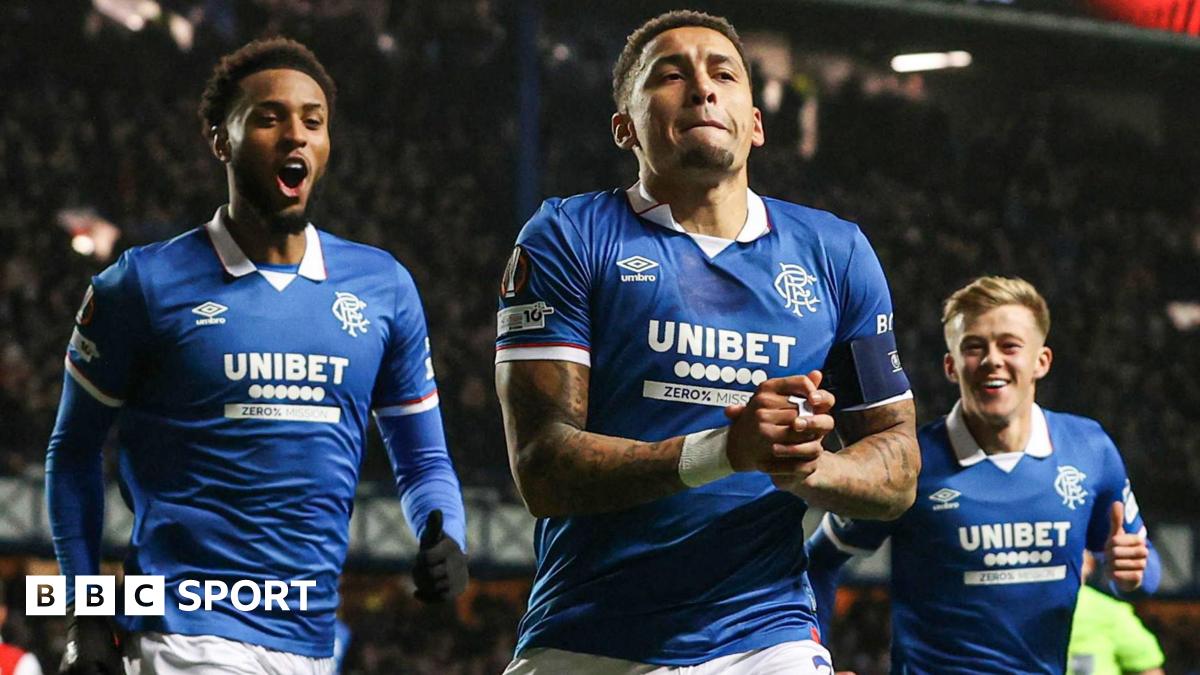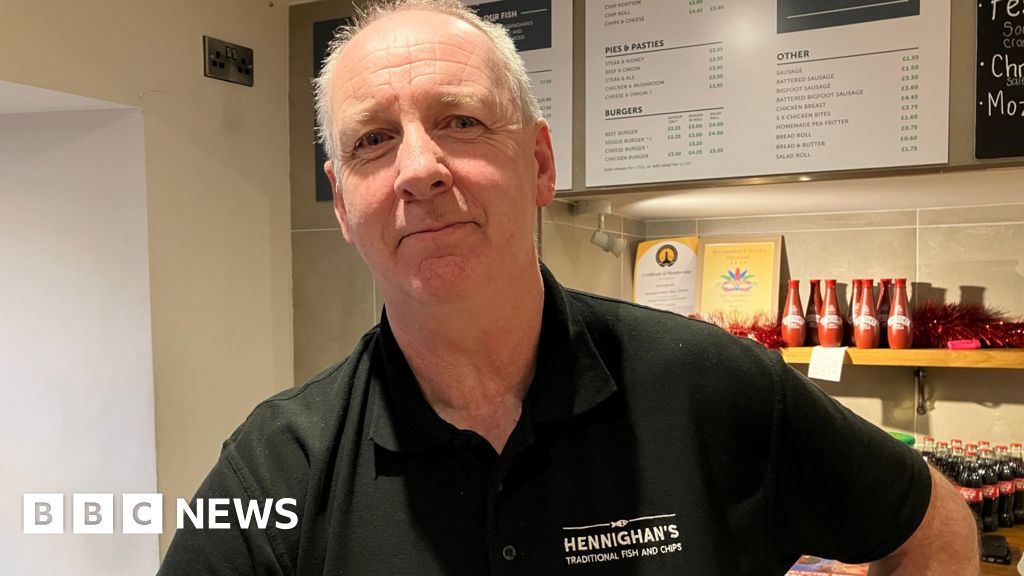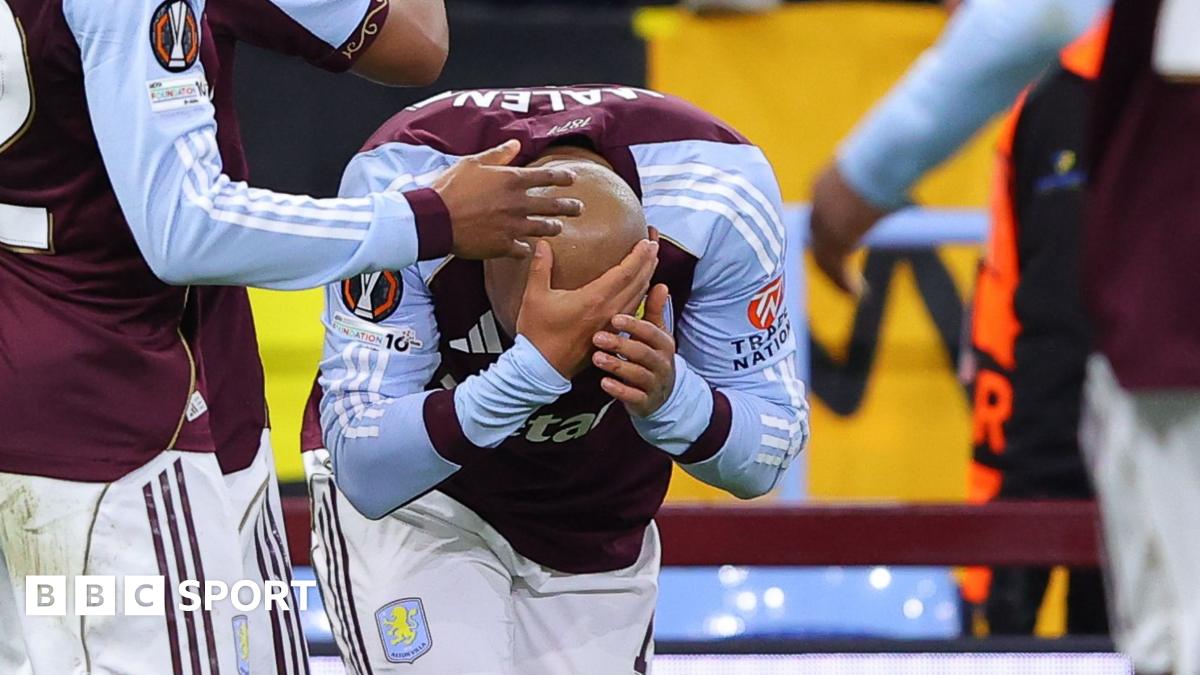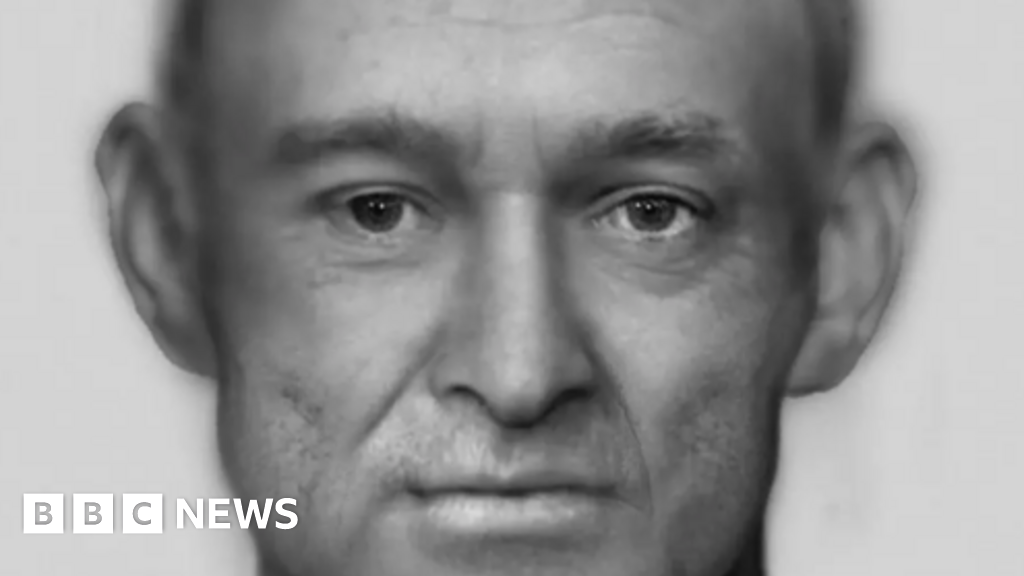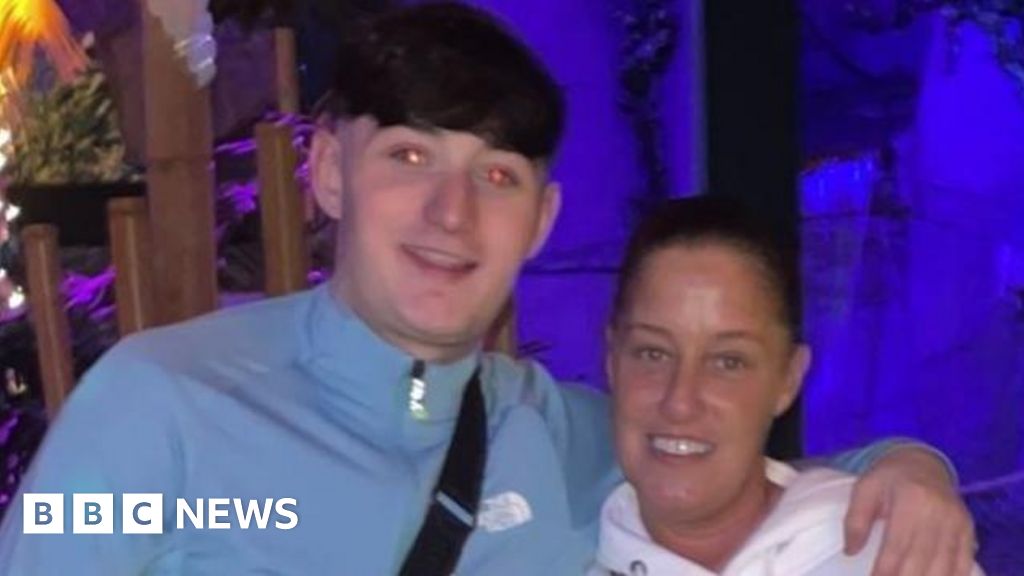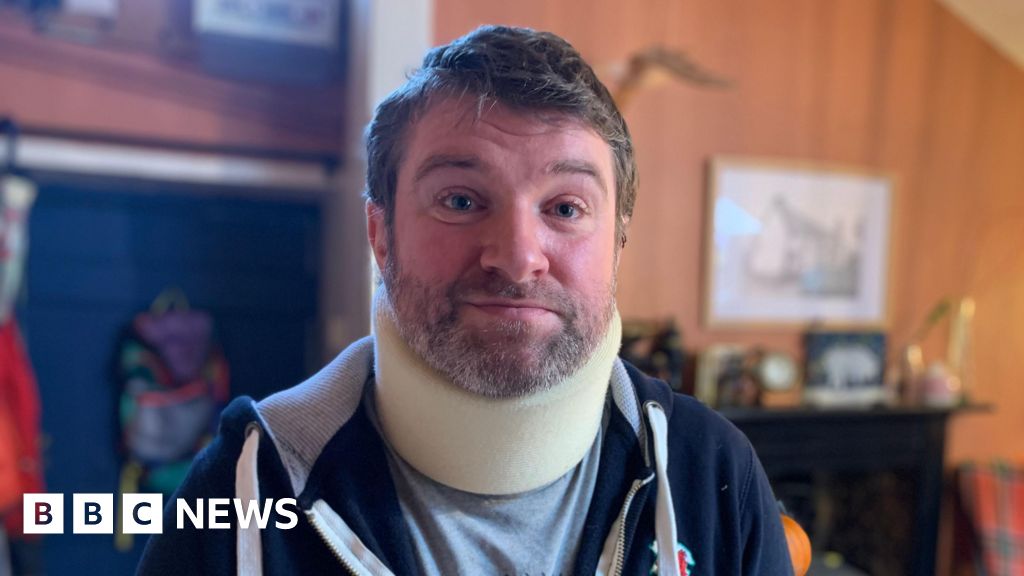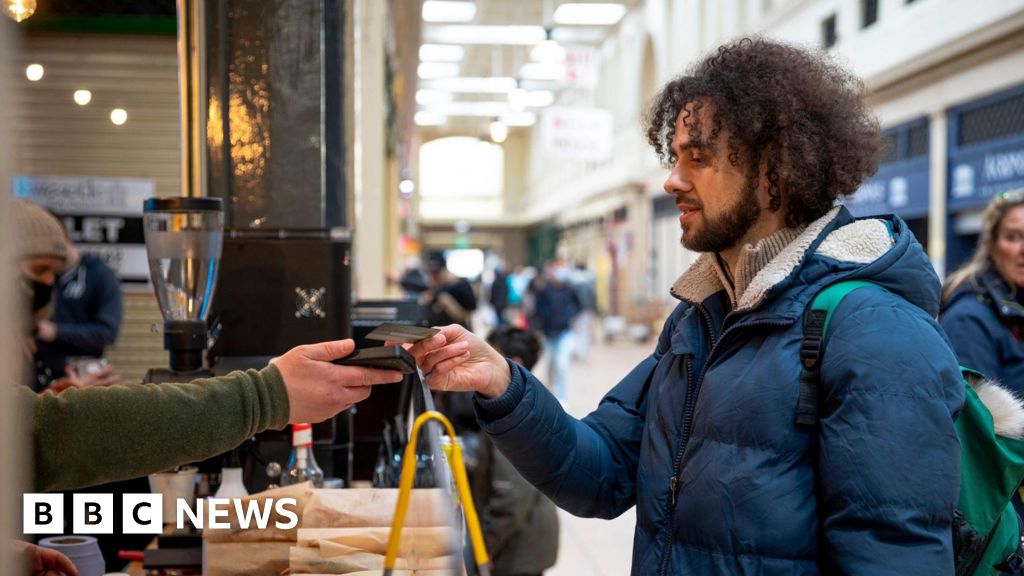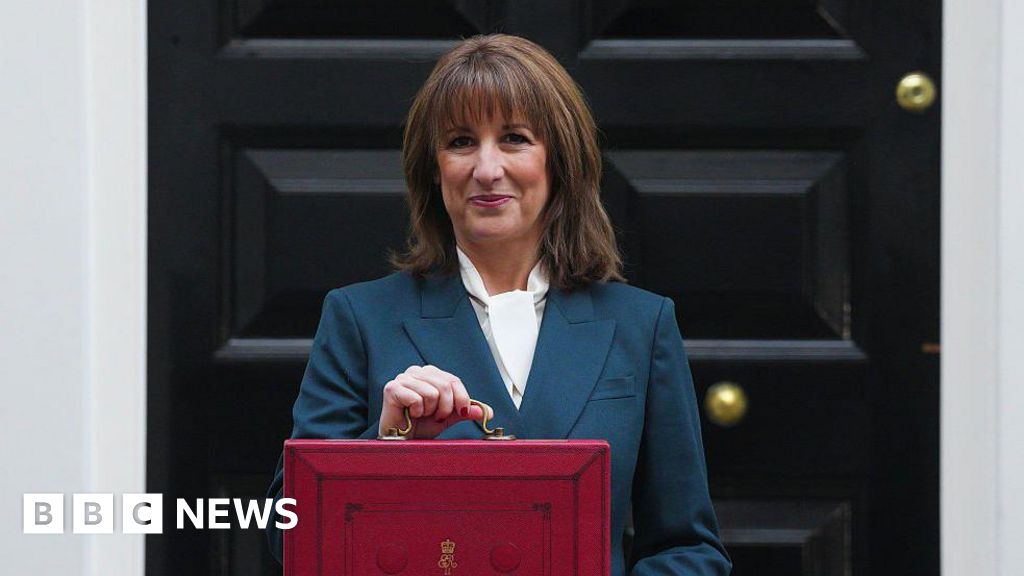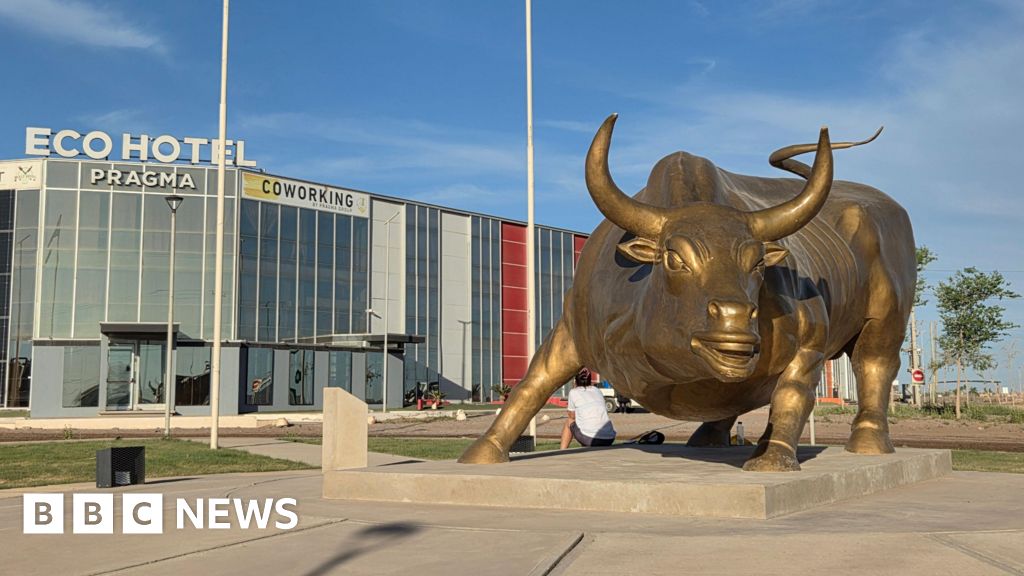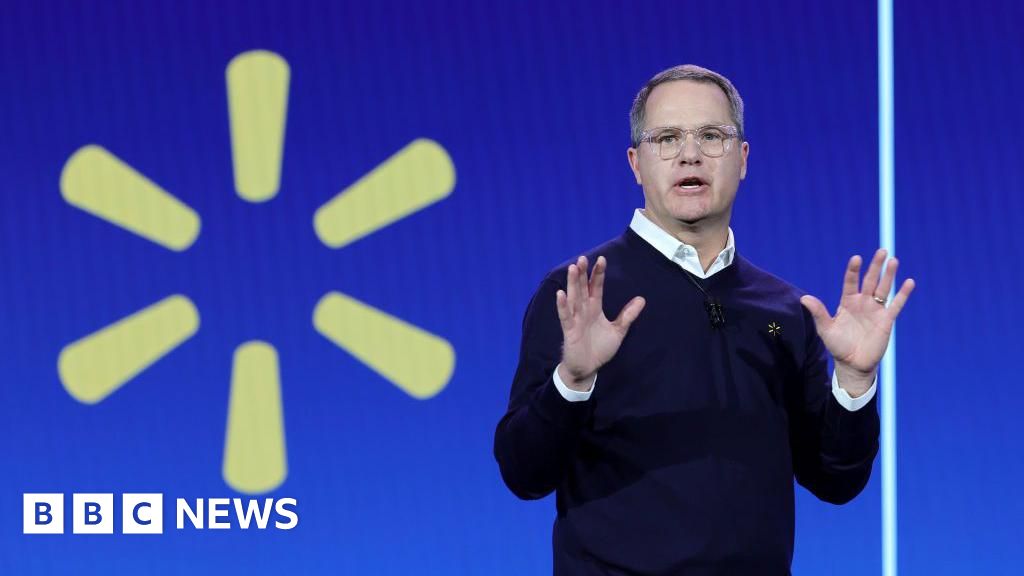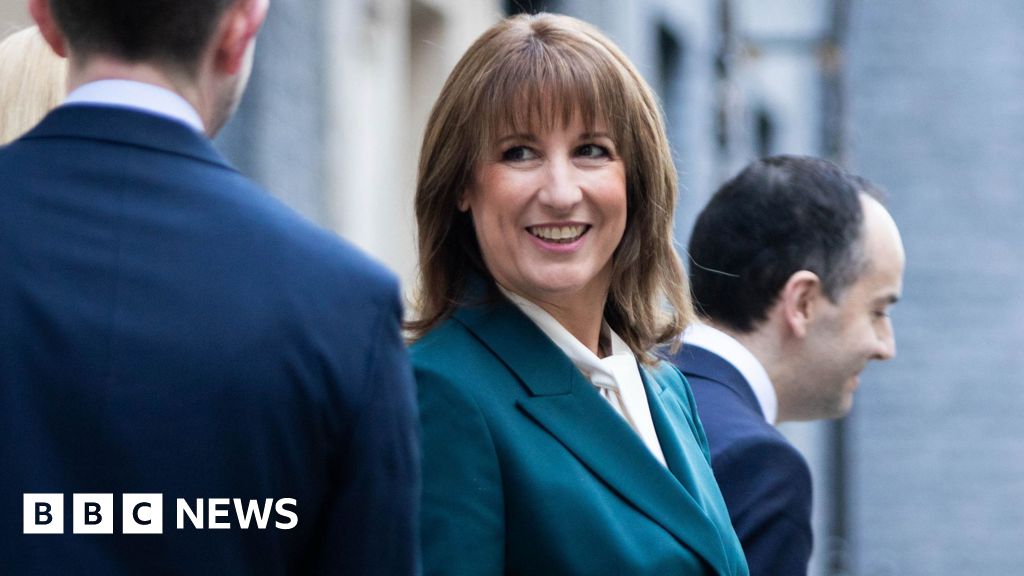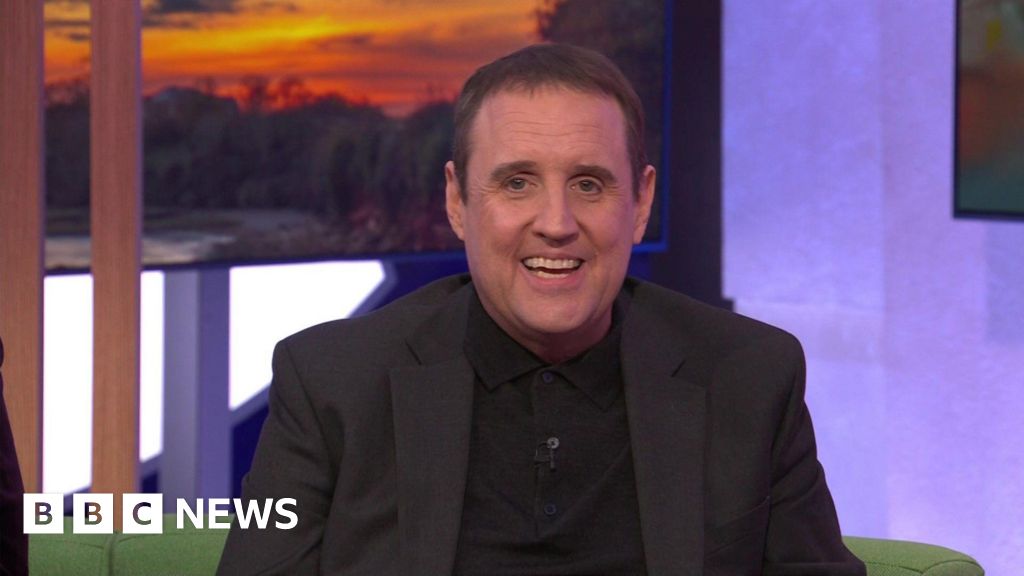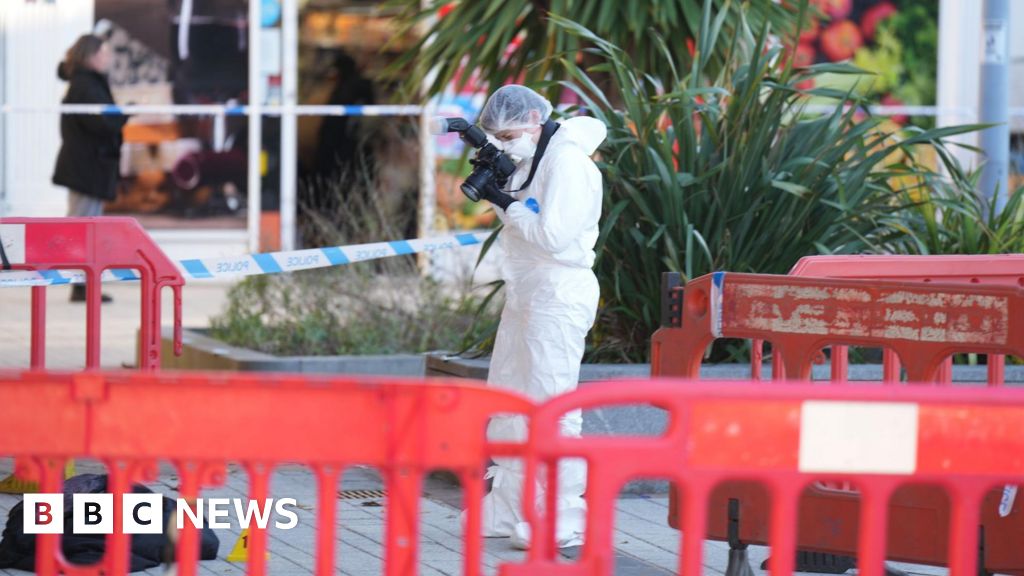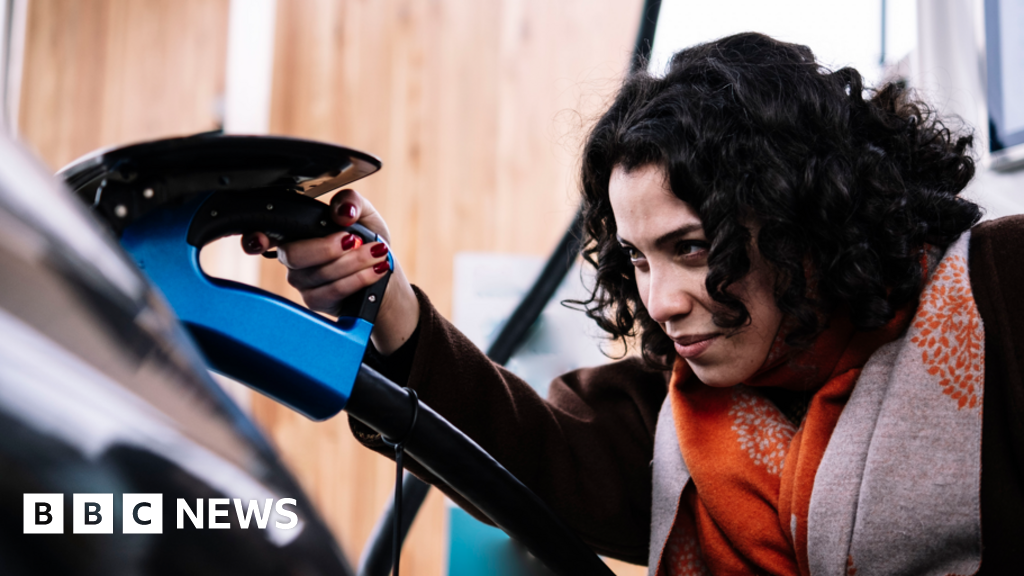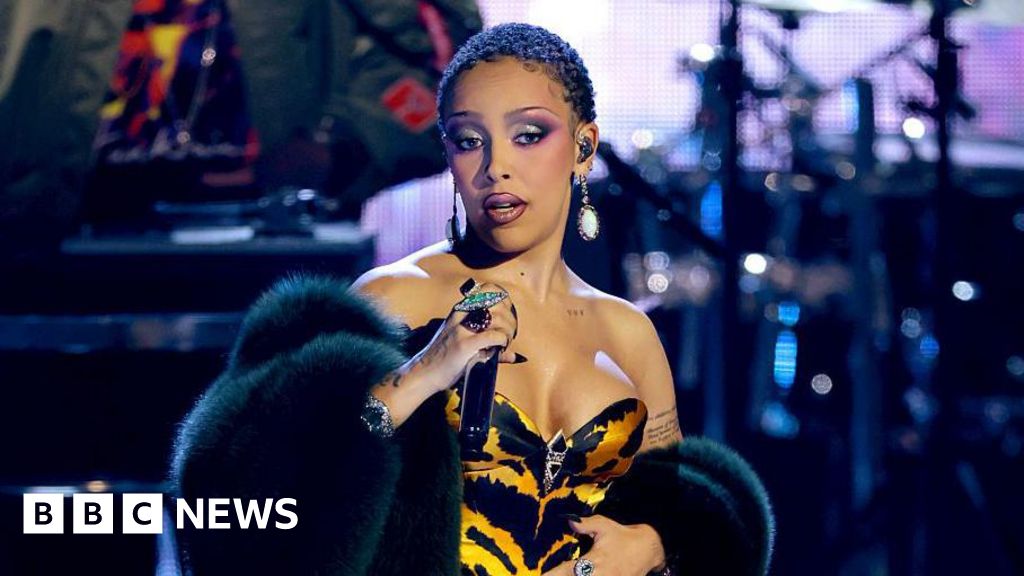Disability snooker champion Mickey Chambers says he would like to see the sport return to the Paralympics “as quickly as possible”.
Snooker was part of the Games from 1960 to 1988, with the exception of 1980.
And governing body World Disability Billiards and Snooker (WDBS) has said its “long-term vision” is “to see snooker reclaim its rightful place at the Paralympic Games”.
“The Paralympics is ultimately where we want to be,” said Chambers.
The 33-year-old told BBC Essex’s Framed snooker podcast: “That’s exactly where we all want the sport to go.
“We do have some professional players who are ambassadors, for example Shaun Murphy who’s very keen on helping us try to promote the sport and get Paralympic status, which would be great.”
Chambers, who was co-opted to the WDBS board of directors in April 2021 as players’ liaison, added: “It [being in the Paralympics] was a while back and before I got involved, and I didn’t know anything about that. So when I was reading up about it, I was thinking ‘this is where we were, why are we not there now?’
“Ultimately, everybody does want us to get us back there and I’m sure the more we keep doing – and what we’re doing at the moment is amazing anyway – then we will be there as quickly as possible.”
Playing at Crucible ‘just amazing’
Chambers, who is a left-leg amputee, joined the WDBS Tour in 2018 while still playing international football for the England amputee team.
He retired from the international game before the World Cup in Turkey last year but still plays for Arsenal domestically and Polish side Wisla Krakow alongside his snooker.
And Chambers, from Preston, has enjoyed huge success on the baize, winning all 11 tournaments he has entered in the group five category, which is for players where one or both upper or lower limbs are slightly impaired but where the player is able to make a traditional bridge for their cue anywhere on the table with their most impaired hand.
His only defeat came in the Disability Tour Championship invitational event at the Crucible in 2019, when he lost to Daniel Blunn.
But having been a fan of seven-time world champion Stephen Hendry, Chambers said it was “unbelievable” to play at the home of snooker.
“I was invited when the seniors were there; four players were selected to go,” said Chambers.
“Obviously, I’d been there as a fan but walking through the stage, going behind the scenes where the media are and the practice table, I though ‘this is it, this is where I want to be’.
“I was speaking to [former professional] Darren Morgan on that day and he said to me ‘make the most of it because there’s not many professionals that will ever play at the Crucible on the single table. They might play the two tables, but when all eyes are on you…’ and I’m thinking ‘Darren, I’m trying to calm myself down here’!
“But it was just amazing. After my game had finished, I was backstage and Jimmy White was there watching. And I’m thinking ‘if Jimmy’s watching, anyone can watch’.
“He’s big time, isn’t he? And if Jimmy White’s interested in disability snooker, then anybody can be interested in disability snooker.”
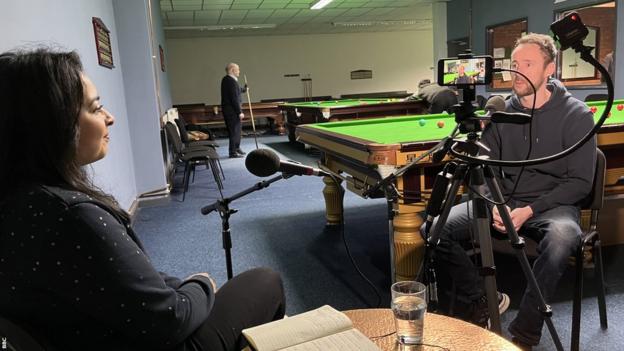
Calling time on international football
Chambers made his amputee football debut for England against Brazil in 2004. He was voted world player of the year three times and represented his country in both World Cups and European Championships.
But he said the time was right to leave the international game behind.
“I dropped out of the England squad last year, just before the World Cup,” he said. “I wanted to concentrate on my snooker and my family life.
“After the previous World Cup in Mexico [2018], I knew that was my time done. I think it was more about when you can’t do what you used to do. My game was all about getting on the ball and scoring goals.
“In that last World Cup, I scored 11 goals in five games and people were saying ‘Mick, you’ve not lost it, you’ve still got it’.
“But I knew within me that my body wasn’t going to accept another two years for a World Cup and I wasn’t going to be committed enough, which I shouldn’t have been because I don’t feel in any worse shape I was than when I last went. But I just knew I couldn’t give the commitment that the manager wanted me to.
“I said ‘I’ve given 20 years at this and it’s time for me to move on and let the younger lads come through’. The England team are in a really good position. Some of the players we have in the England set-up are only 16, 17, 18 – they’re just learning.”
Instead, his focus is on his snooker and growing the disability game, with a trip to Bruges next month for the Belgian Open and new tournaments on the horizon in Ireland and Germany.
“If I can continue to play snooker for as long as I can and for as long as my eye will let me, and as long as my win record lets me, then I’ll continue to play,” he added.
“But I do want to be part of the WDBS board going forward because I do truly believe that the sport is growing. It’s not growing as rapidly as we probably want.
“Looking forward, it’s a case of making sure I continue doing things right off the table for the players and, as long as they trust me, I’ll continue to do that. If I can progress that role in the future, that will be even better.”

